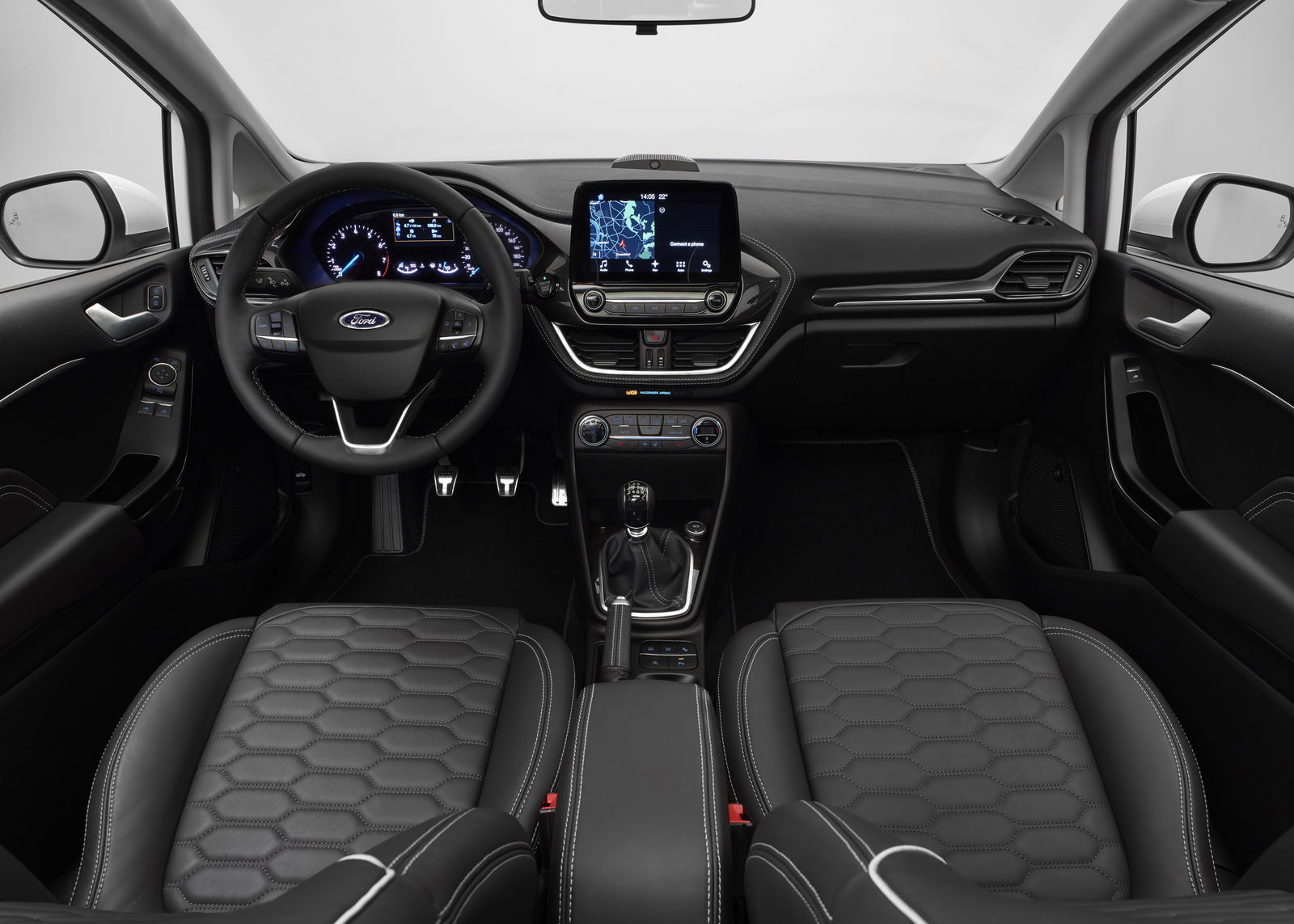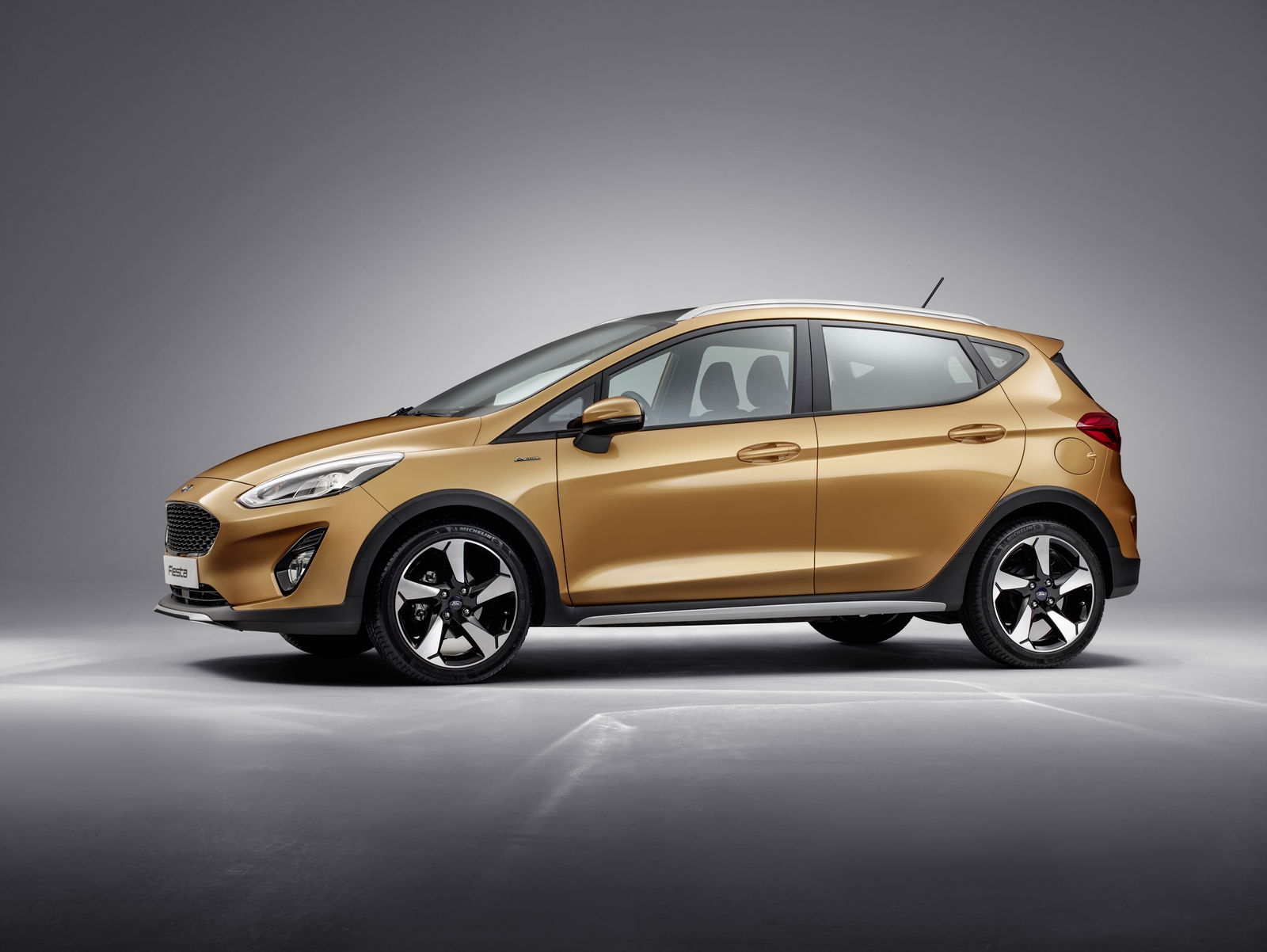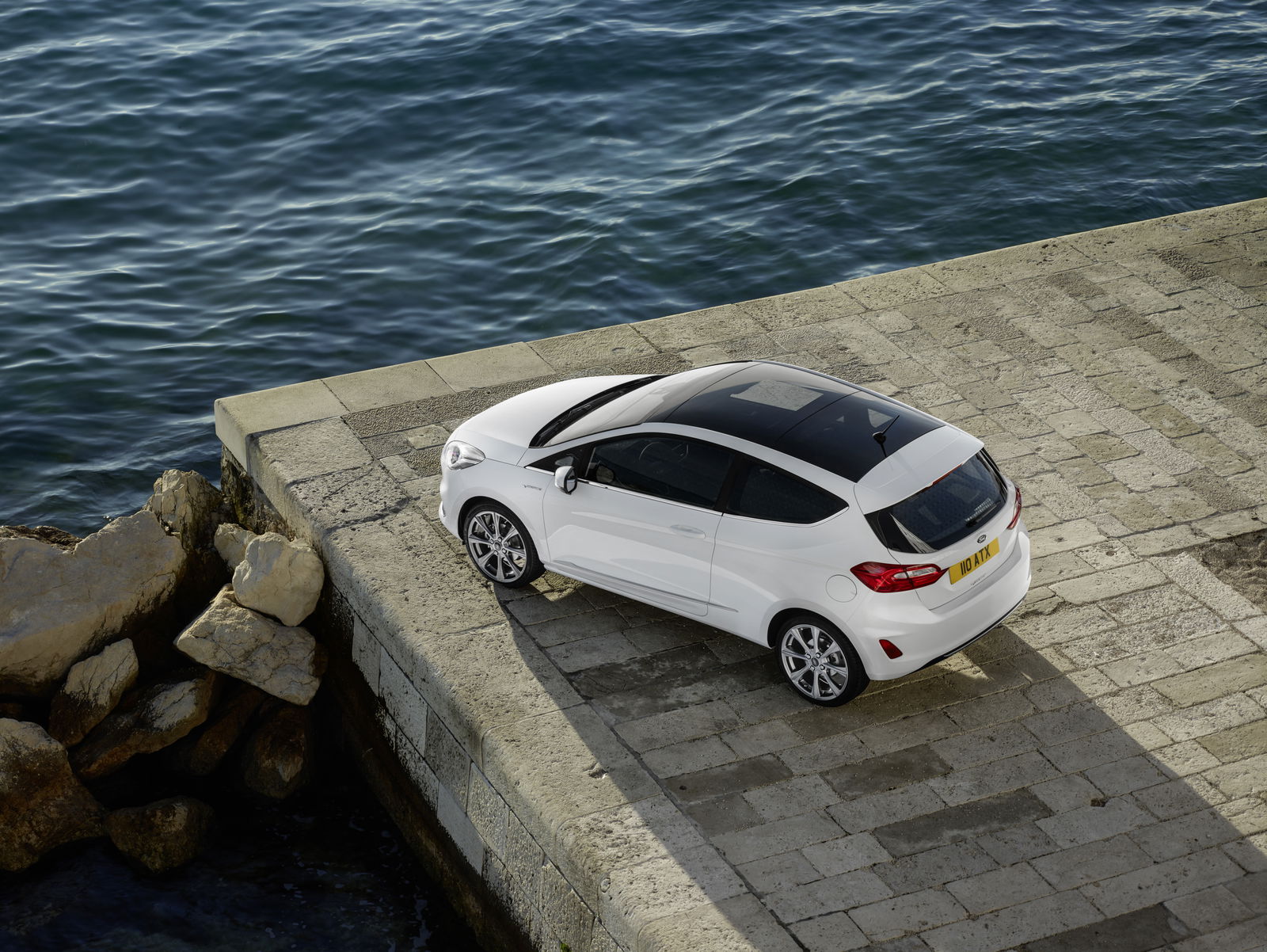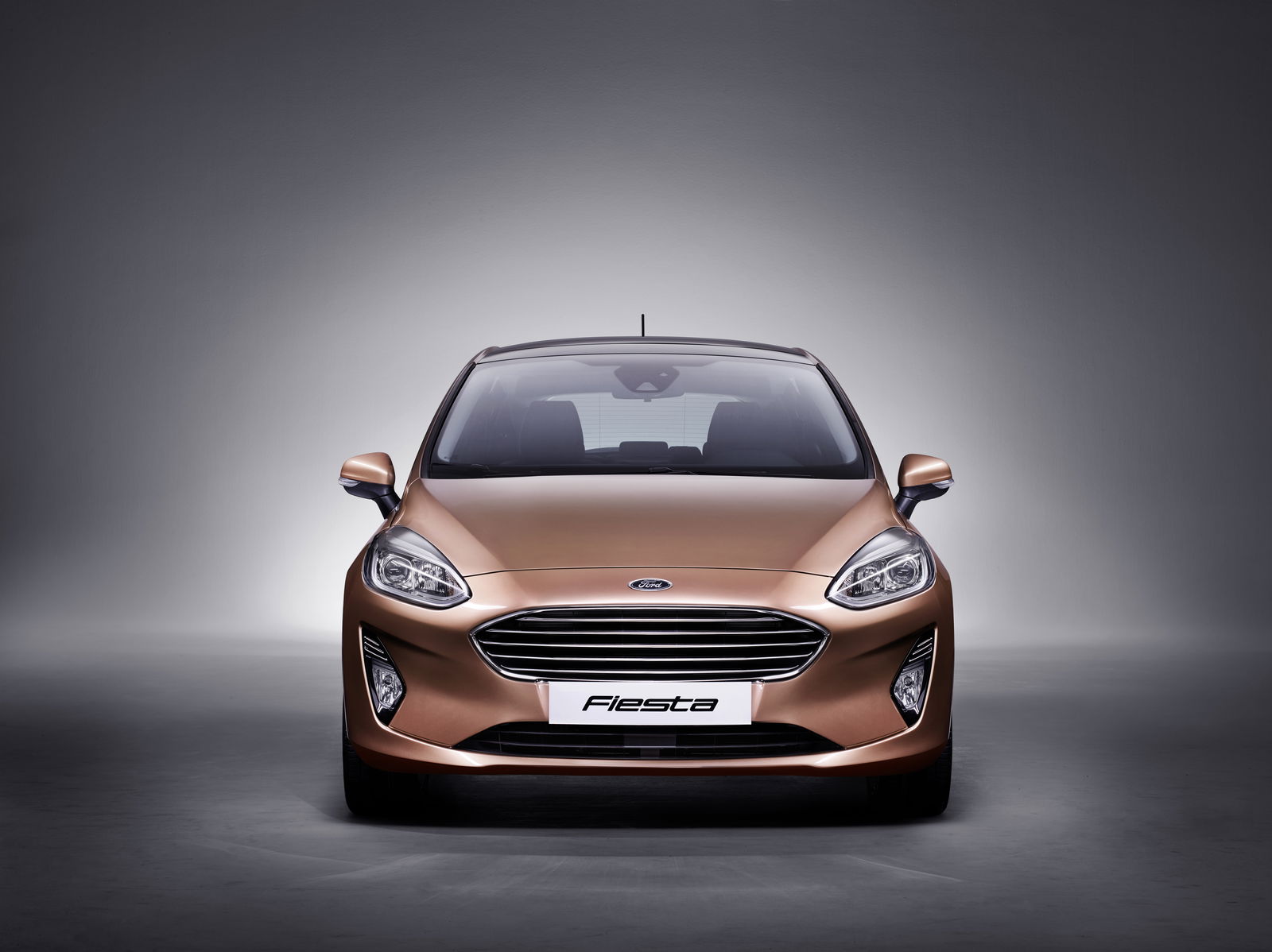Everything You Need To Know The New Ford Fiesta

We spend rather a lot of time talking about fast, expensive cars here at CT, but really, it’s little motors like the Fiesta that are way more important for the car industry. After all, Ford’s supermini has been Britain’s best selling car for years now, so when there’s a new version - as there is with the newly revealed seventh-gen car - it’s a jolly big deal.
Casting our beady eye over the press release, we’ll kick things off with engines. For now, the petrol engines are only tiddly ones - there’s a 1.0-litre, three-cylinder engine with either 99bhp, 123bhp or 138bhp, and a 1.1-litre three-banger based on the same architecture. The latter unit replaces the old 1.25-litre engine, putting out 69 and 84bhp.

We can expect a more powerful petrol engine when the new ST arrives, but there’s a question mark as to what it’ll be. Ford may use an updated version of the current car’s 1.6-litre four-pot, but there have been rumours of a modified version of the 1.0-litre Ecoboost appearing under the bonnet.
A supermini is obviously best powered by a peppy little petrol engine, but if you must have a diesel, there is a 1.5-litre TDCi available. The entry level oil burner kicks out 84bhp and 82g/km of CO2 (no word on mpg yet), or if you want more poke than that there’s a 118bhp diesel too.

The interior looks to be a massive improvement on the cheap and cheerful cabin of the outgoing Fiesta, a sign of Ford’s attempt to nudge the car slightly up market. The crummy old infotainment system is gone, replaced with Ford’s Sync 3 system, hooked up to a screen which is anything up to eight inches big depending on spec and options. There’s even a Bang & Olufsen ‘B&O Play’ stereo on the options list.
That’s not where the new tech ends for the Fiesta. The 1.0-litre Ecoboosts plus the lower powered diesel all get a snazzy ‘Active Grille Shutter’ to aid aerodynamics (along with underbody aero shielding), but the big news is all the sensory shenanigans.

The Fiesta gets a pair of cameras, a trio of radars and 12 ultrasonic sensors, all of which work in harmony with the car’s various driver assistance features. Notably, there’s ‘Pre-Collision Assist with Pedestrian Detection’ which will deploy the brakes when necessary, plus ‘Active Park Assist’ which allows for hands-free parallel parking if you’re rubbish at it. Or just lazy.

Now for the really important bit: handling. And it’s here that Ford is confidently telling us that the Fiesta will be even better to drive than before.
Torsional stiffness is up 15 per cent thanks to strong boron steel and laser welding among other things, while the track has increased by 30mm at the front and 10mm at the rear. The wheelbase has been extended by 4mm, and the anti-roll bar is a little stiffer. There’s even a torque vectoring system, which should come in handy when the powerful ST comes along.

It’s all looking rather rosy so far, but we do have some less welcome news to report: Ford will be making a Vignale version. Yes, an ultra-luxurious Fiesta. Because that formula worked so well for the Mondeo (sarcasm alert: it really didn’t). We’ll happily eat our words if Ford sells shed loads of the things, but that’s not something we’re expecting to happen.
Our advice? Be sensible and get the high-spec Titanium version instead. There’s also the mildly sportified ‘ST Line’ version, and the Fiesta Active with a raised ride height, roof bars and tough black plastic cladding. For lifestyle things, obviously.
The car will go on sale next year. What do you think of it?

Comments
The rear end isn’t as good
We need a Fiesta RS!
I’d say the interior is the biggest step-up!
The car also definitely has its angels where it looks very good. I also expect the styling to grow on you, the car is likely made to look modern for many years to come.
I’m overall quite happy with it overall. :) Think an ST or RS version could be made to look really cool!
Just looks like a C Max to me
why does this have a better interior than the outgoing RS 😵😭🔫
To the author: you can work out fuel economy from CO2 by calculating how much fuel (approx. octane for petrol) you’d need to burn to produce that amount of CO2.
1 molecule of octane (C8H18, relative mass 114) produces 8 molecules of CO2 (relative mass 8*44=352), so the mass of CO2 is 352/114=3.1 times greater than the mass of fuel. So 100g/km CO2 = 310g/km petrol. Then divide by density to get the volume of fuel and you can find the mpg.
Or just look at some figures that match and work out the CO2/mpg ratio from those. The two are inversely proportional so if you multiply them together you’ll get (within rounding errors) the same number every time for cars with the same fuel.
Although I think you can get “credits” on the current EU tests which reduce your official CO2 figures below what they actually were on the test…
I knew that face looked familiar…
The back is underwhelming to say the least
Everything is perfect except for the ding dong damn iPad glued to the dash.
ffs Ford, you used to be good at this
Pagination